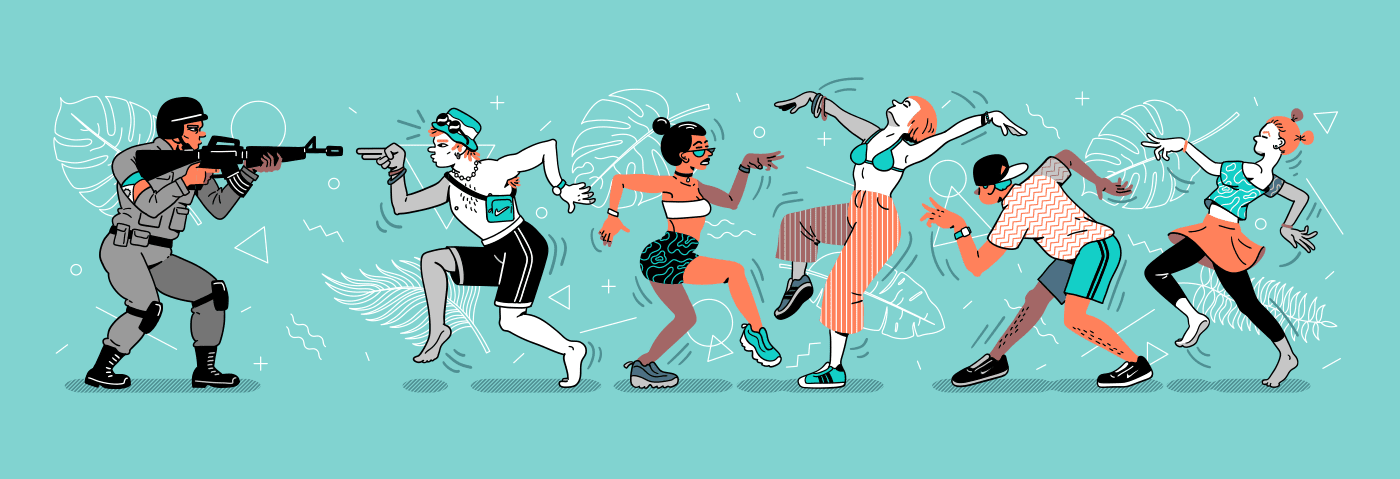As the club raids continue and the death toll rises as part of President Duterte’s ongoing drug war, Liz Bautista discovers how Manila is successfully fighting to keep its club scene alive.
It was August 11, 2018 when everything stood still. When the music stopped. When anxious palpitations replaced the pulse of techno. Over 120 patrons were questioned and detained and 31 people working for the club were charged with drug-related offences. While three lawyers—arrested for allegedly interfering with police work during the raid—were absolved last March, it didn’t end so well for others. One of the staff incarcerated for 20 days posted bail and, shortly after that, took his own life.
It’s been over a year since the controversial raid and shut down of TIME, one of the few clubs in Manila which featured house and techno, but the incident remains an image of horror that still haunts the city’s nightlife. Since president Rodrigo Duterte unleashed his war on drugs in 2016, the country has laid witness to countless civilian-targeted violence enough to place the country as the fourth most dangerous place in the world, according to an ACLED report.
Shoot first, ask questions later—that’s how things apparently work in Duterte’s Philippines. And with its capital the centre of anti-drug crackdowns, it has perhaps come as a surprise that there is a reawakening on its dancefloors orchestrated by locals determined to keep Manila dancing.
20/20 vision
Mikhail Schemm’s first memories of dance music go way back. Growing up in Rome, he remembers visiting his part-native Philippines for holidays and being exposed to dance music through his uncle Manolet Dario, one of the country’s top DJs at the time.
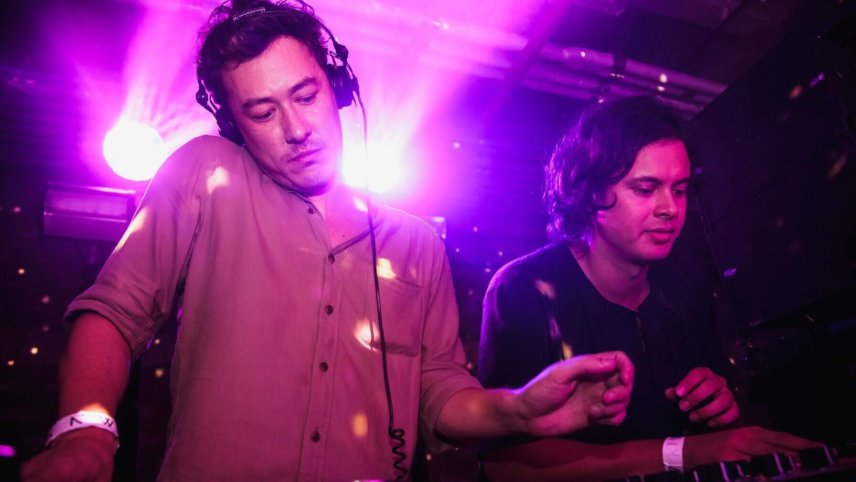
One particular night that stuck with him was at the legendary beach club ‘Hey Jude’ on the island of Boracay. He recounts, “When my uncle played ‘Strings Of Life‘, I knew from there—I’m hooked.” He was only 15. Today, the 32-year-old is in the thick of it. Aside from running the label More Rice, he co-founded two event companies CC:Concepts and UNKNWN and is also one of the people behind club XX XX (pronounced twenty-twenty), which has featured headliners like Clara 3000, Boris, nd Baumecker, Paramida, and Chris Cruse on the decks.
people would avoid going to clubs in the beginning half of 2016 just to stay safe.
Schemm lived in London for seven years, where he was part of the crew that threw Funkyzeit warehouse parties. “I tried to adapt that formula [in Manila] as we thought it would work quite well. These have now become our flagship events, which we do around four times a year. But, we’ll be taking it the next step in the coming year,” he says.
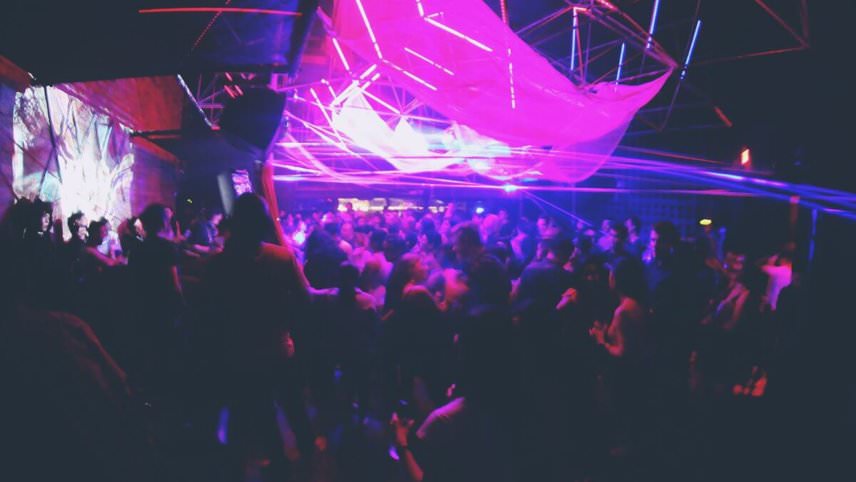
While Schemm remains optimistic about the future, he admits it has not been easy considering the circumstances. “It was a huge blow to the scene,” Schemm, referring to the closing of TIME. And, for him, the main effect of this ruthless drug policy has been on people’s mentality. Manila was once known for its wild and liberal nightlife but the raids, uncertainty and foreceul drug war have left the locals unable to relax and struggling to come to terms with the new pace of life. It’s affected underground dance music as much as it has day to day life. “One would not know if these news of drug killings and undercover cops were true or not, but it has definitely resulted in overall paranoia… people would avoid going to clubs in the beginning half of 2016 just to stay safe,” shares Schemm.
Filling the void
“The vibe has definitely changed and people are more cautious to party now,” affirms Gabby Zulueta. But, this hasn’t stopped the 46-year-old DJ from opening a new club in Manila.
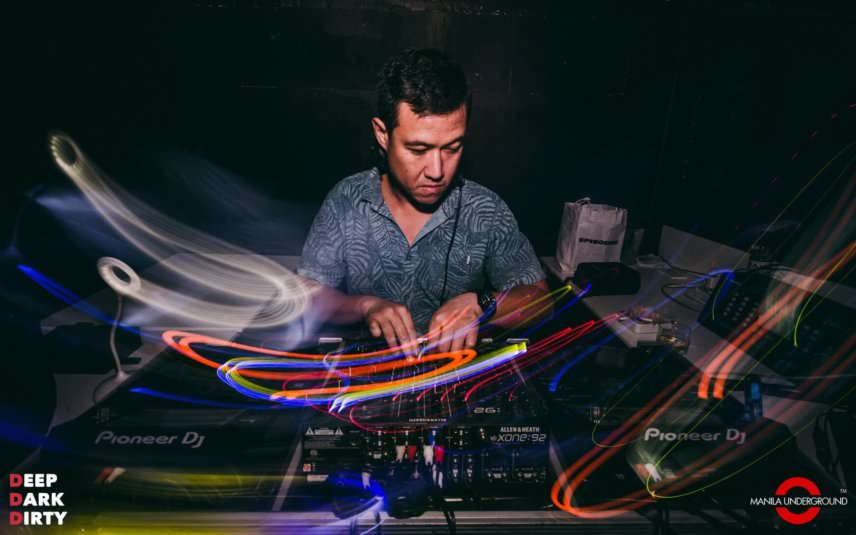
He began tossing around the idea of opening a club after TIME closed down. “I loved that place. Unfortunately, no one seemed interested in opening an underground nightclub to take its place, and honestly I began to despair.” Luckily, he came across a venue that was available for lease in Makati’s trendy Poblacion district. “There was a hole in the scene,” he says, and so he decided to fill it. Aptly called The Void, the club officially opened on June 29.
Zulueta is not new to the scene—he’s an investor in XX XX and an artist himself—but he considers this his first venture into running a club. And it’s not without its challenges. Aside from getting bodies on the dancefloor, there is the constant fear that another raid might happen. This is why he’s made sure his club has a strict no-tolerance-to-drug policy. And he is firm in realising his venue’s manifesto: “Don’t bring [drugs] here. You can’t find it here. Don’t do it here.” For Zulueta, he wants to break the stigma attached to the city’s underground parties. He simply wants people to focus, first and foremost, on the music. Then again, if freedom is one of the reasons why nightlife exists, the question is can the industry thrive without it?
In too deep
A bigger question: in a country where the economic divide runs deep, are the poor the only victims of Duterte’s drug war while the upper classes, who can afford to go out and party, remain unscathed? Some think so.
Schemm elaborates, “This is a very complex and sensitive subject. But in a nutshell, yes, this drug war has affected the lower classes of society more than the upper. But then there is no real logic behind it and, in my opinion, given the political landscape, rife with corruption, there are hidden agendas behind it all and it’s likely used as a veil to gain or sway public opinion and support.”
Not everyone is in agreement and there are notable contrary viewpoints. “Every weekend and even weekdays, bars are open left and right. There are new clubs as well. So, no, [the drug war] has no effect and, come on, in this bubble that we live in despite the fight against drugs, some people still manage. It might not be as easy as before for those who constantly whine about oppression and freedom, which is a lot of bullshit [in my opinion], but Manila is specifically vibrant,” says Toti Dalmacion, founder of Terno Recordings an independent and highly influential label for the development of dance music across the Philippines.
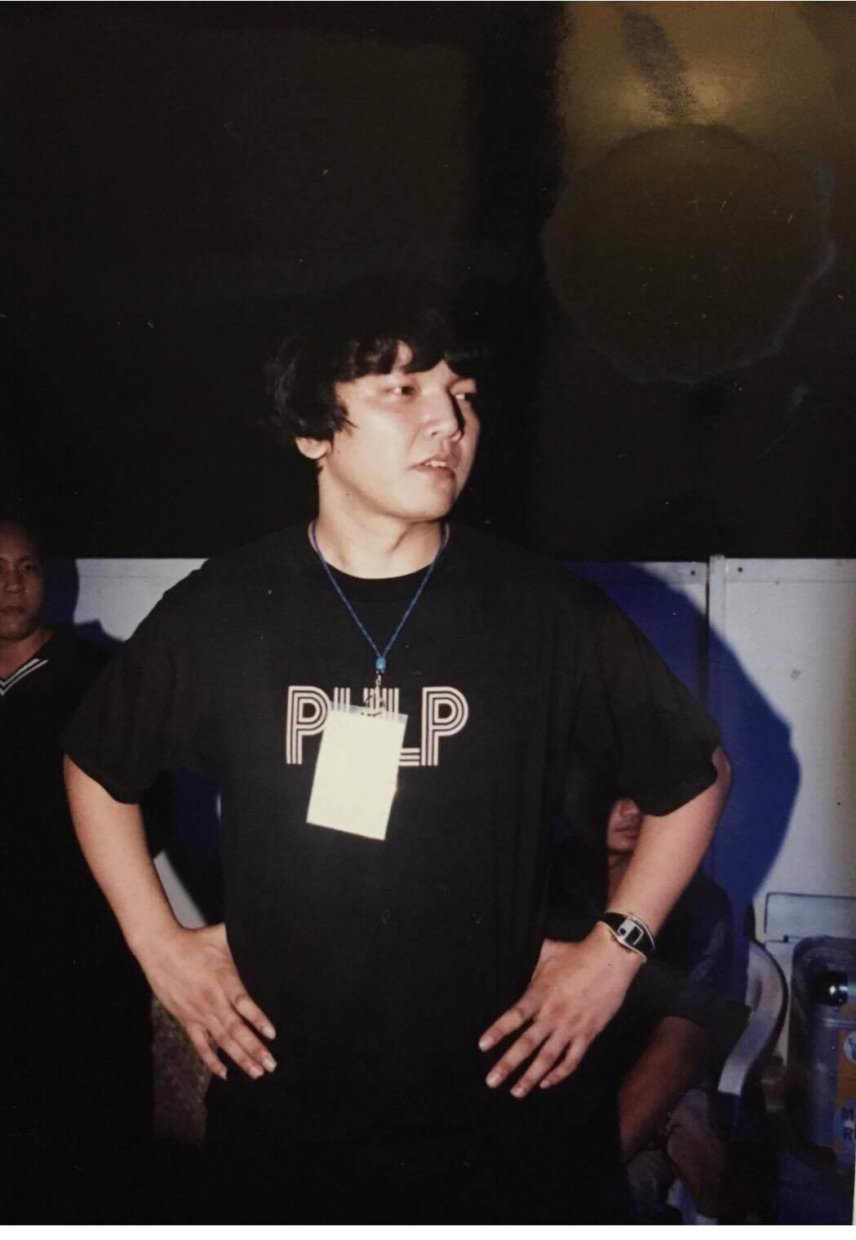
Apart from his record store Groove Nation, Dalmacion was also one of the people behind Consortium, a collective that threw raves in the ‘90s. What made their parties special was that it was populated by more adventurous, open-minded crowd who expressed themselves freely through dance music.
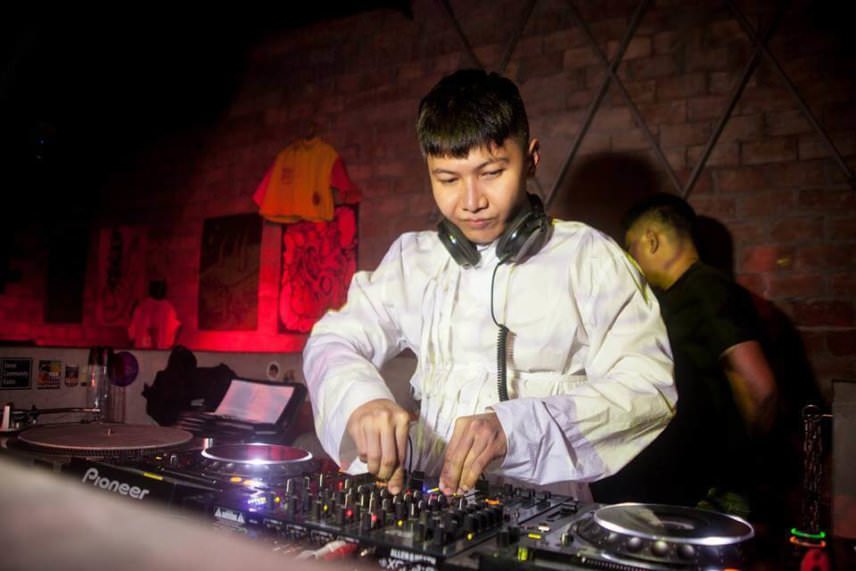
While many consider those days as the golden age of dance music in the Philippines, some think that for the scene to grow, it needs to move forward, not get stuck in the past. Karlo Vicente, a resident DJ at XX XX says, “I don’t think those days will ever come back, and I also don’t think it needs to come back. I feel like there should be something new, and not just things that fuel nostalgia.”
A Question of Time
Manila’s underground dance music scene highlights the power play between society and politics. The Philippines is living in a politically-charged moment, and for people like Schemm and Zulueta, being part of the industry is definitely far from living some fab DJ-promoter fantasy. This is more true than ever when people are dying. Their commitment is for the love of dance music.
this drug war has affected the lower classes of society more than the upper.
As for the person who was incarcerated for 20 days, according to a close friend (who wishes to remain anonymous), his detention broke him and when he was released, his friends were scared to be associated with him.
Will Manila ever freely party again and without fear? Will the underground music scene flourish beyond the tired but hopeful few currently cultivating it? If yes, when? As it is, there are more questions than answers.
Words: Liz Bautista is a freelance journalist based in Berlin. Follow her on Instagram.
Illustration: Sam Moore is a freelance illustrator based in London. Follow him on Instagram.
